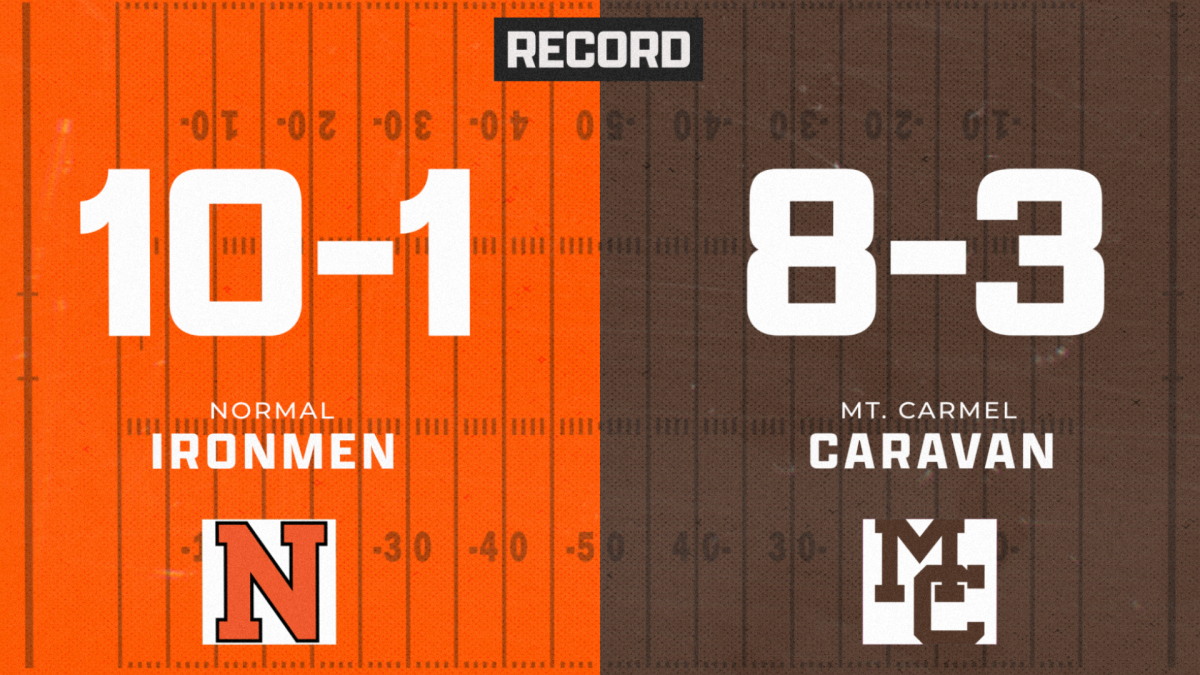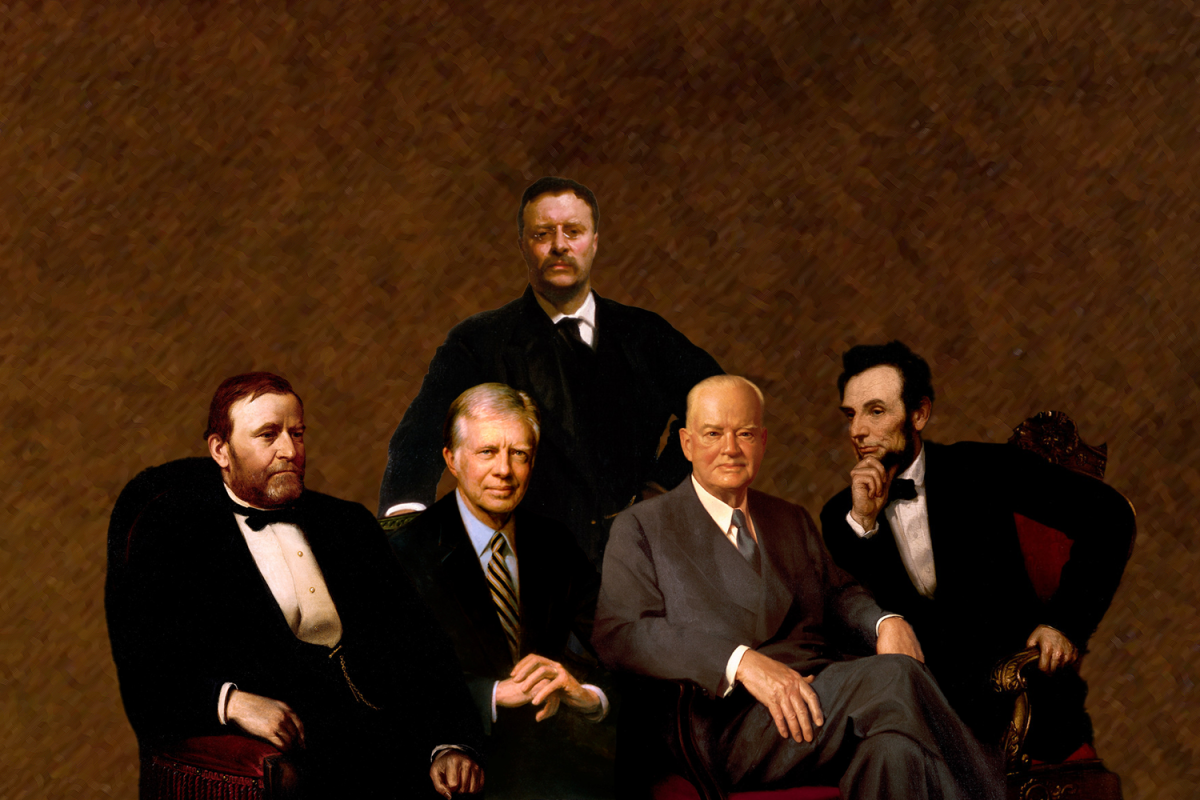House of Cards, a Netflix original series about the dark side of politics, has caught the nation’s attention. According to Procera Networks, 10% of Netflix’s 30 million subscribers watched House of Cards the first weekend it premiered. With the full season release of Netflix series, shows like House of Cards are made readily available to binge watch without the week-to-week waiting of traditional television. The easy access may be a part of the show’s success, but House of Cards gains viewers’ interest because of the brutal, honest storyline and high profile casting.
Adapted from a British series of the same title, creator Beau Willimon intricately weaves together fiction and reality regarding American politics. The series follows Francis Underwood, who begins the series as South Carolina democrat congressman rise to power. Underwood, played by Oscar, Golden Globe and Emmy award winner Kevin Spacey, represents everything Americans fear about politicians. Underwood is power-thirsty, calculating, and not afraid to step on people or twist arms to accomplish his goals. And yet, Spacey’s portrayal of him is still charismatic, vulnerable, and likeable, much to the viewers dismay.
Underwood’s wife, Claire (Golden Globe winner Robin Wright), is equally as ambitious and cold as her husband. Wright’s portrayal of the wife of a powerful man is stunning, Claire feels cheated out of her own ambition, she is vulnerable to both the press and to her husband’s influence, but she also remains loyal to the climbing trajectory of her husband’s career, scheming and supporting him in whatever way is needed. The marriage of the two characters often feels like a business partnership, but there are moments where Spacey and Wright play convincingly as husband and wife. Their relationship is complex, like a real couple, although the source of the complexities is quite different than most.
Through the three seasons available of House of Cards, the Frank Underwood quickly advances in his career through a series of convenient situations that give him the ability to rise to power, these situations created secretly by none other than Underwood himself. This kind of shady, manipulative, power-hungry politician is exactly what Americans fear may be happening in the capitol, and Underwood is a caricature of all of our fears.
The secret deals with lobbyists, personal favors to gain support, and intimidation tactics used by Underwood to pass legislation are reminiscent of those used by the Obama administration when passing the Affordable Healthcare Act, a controversial bill that went against President Obama’s idealistic attitude about politics during his campaign. This connection to current day politics gives the show a frightening realism and timeliness. The show also deals with conflict in the Middle East, US relations with Russia, and a failing economy; real issues that concern everyday Americans.
House of Cards also features an excellent supporting cast of characters who are as wrapped up in the darkest part of politics as the Underwoods. Molly Parker plays Congresswoman Jackie Sharp, an ambitious veteran with a strong agenda and a complicated past who works closely with Underwood. Sharp is reminiscent of a Nancy Pelosi or Elizabeth Warren, smart and intense liberal women often criticized by the public. Freddy (Reg E. Cathey), a working class man who owns a rib restaurant, becomes Underwood’s closest confidant, this friendship humanizes Spacey’s character by showing vulnerability and also gives Underwood a connection to “real” America. In the first season, Kate Mara, nominated for an Emmy for the role, plays Zoe Barnes. Barnes is a journalist determined to delve into Underwood’s true intentions and uncover the dark underbelly of politics.
The complex and fully developed characters are reminiscent of our current leaders, as are the political situations presented, giving House of Cards an eerie sense of reality. House of Cards is entertaining, dark and original and a worthy binge watch.
Grade: A






























![Coach Drengwitz on the loss to Mt. Carmel, 2024 season [video]](https://nchsinkspot.com/wp-content/uploads/2024/11/Postseason-presser-feature-1200x800.png)


![IHSA 7A Football Playoffs Quarterfinals: Ironmen head coach on facing the Mt. Carmel Caravan [video]](https://nchsinkspot.com/wp-content/uploads/2024/11/0w12-web-feature-1200x800.png)













![Halloween candy cross section quiz [quiz]](https://nchsinkspot.com/wp-content/uploads/2022/10/Candy-cover-big-900x675.png)
![Average Jonah? [quiz]](https://nchsinkspot.com/wp-content/uploads/2022/05/average-jonah-900x600.png)






















![Cell phone ban in schools? Community responds to proposed legislation [video]](https://nchsinkspot.com/wp-content/uploads/2025/04/Sequence.00_01_09_19.Still001-1200x675.png)





![Ironmen spring sports update: April 9 [video]](https://nchsinkspot.com/wp-content/uploads/2025/04/sports-recap-square-1200x1200.png)

![Ironmen in the hunt: Coach Feeney talks Big 12 Title race ahead of PND matchup [video]](https://nchsinkspot.com/wp-content/uploads/2025/01/feeney-1200x675.png)
![On the Spot: This or That – Halloween [video]](https://nchsinkspot.com/wp-content/uploads/2024/10/tot-Halloween-YT-1200x675.png)
![On the Spot: This or That – Fall favorites [video]](https://nchsinkspot.com/wp-content/uploads/2024/10/ots-fall-web-1200x800.png)
![On the Spot – Teachers tested on 2023’s hottest words [video]](https://nchsinkspot.com/wp-content/uploads/2024/01/On-the-Spot-Teachers-tested-1200x675.png)








